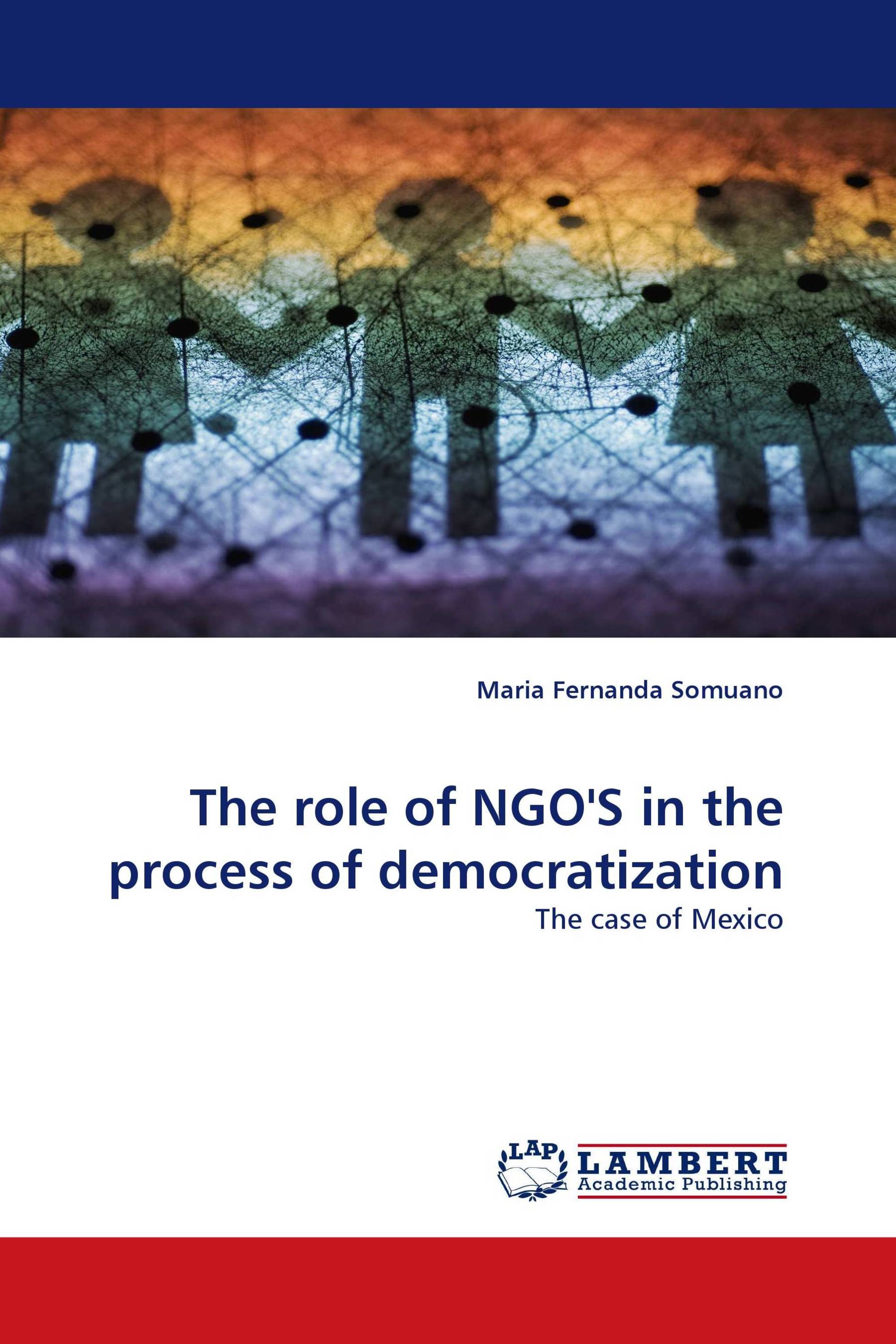Since the early 1980''s there has been a boom of the so called non-governmental organizations (NGOs) in Latin America. These NGOs have not only widened the political agenda of governments, but they have also moved into portions of the informal space vacated by government and traditional political institutions. In Mexico, where this work concentrates, NGOs have recently mushroomed, and many of them grabbed international attention since the Zapatista rebellion in 1994. Many authors have stressed the importance of NGOs to democratic transition and consolidation, since they assume these organizations are necessarily democratic actors, both in practice and in purpose. This work argues that it is inaccurate to assume that all NGOs will necessarily contribute to democracy. Their goals, values, inner structure, networking capacity, links with other actors, relationship with government, are all features that should be taken into account when assessing their potential impact on democracy. Hopefully, this work will shed some light on what is the real impact of NGOs on democracy and which NGOs and civic organizations are more likely to have such an effect.
Book Details: |
|
|
ISBN-13: |
978-3-8383-6138-3 |
|
ISBN-10: |
3838361385 |
|
EAN: |
9783838361383 |
|
Book language: |
English |
|
By (author) : |
Maria Fernanda Somuano |
|
Number of pages: |
164 |
|
Published on: |
2010-09-16 |
|
Category: |
Political science |
